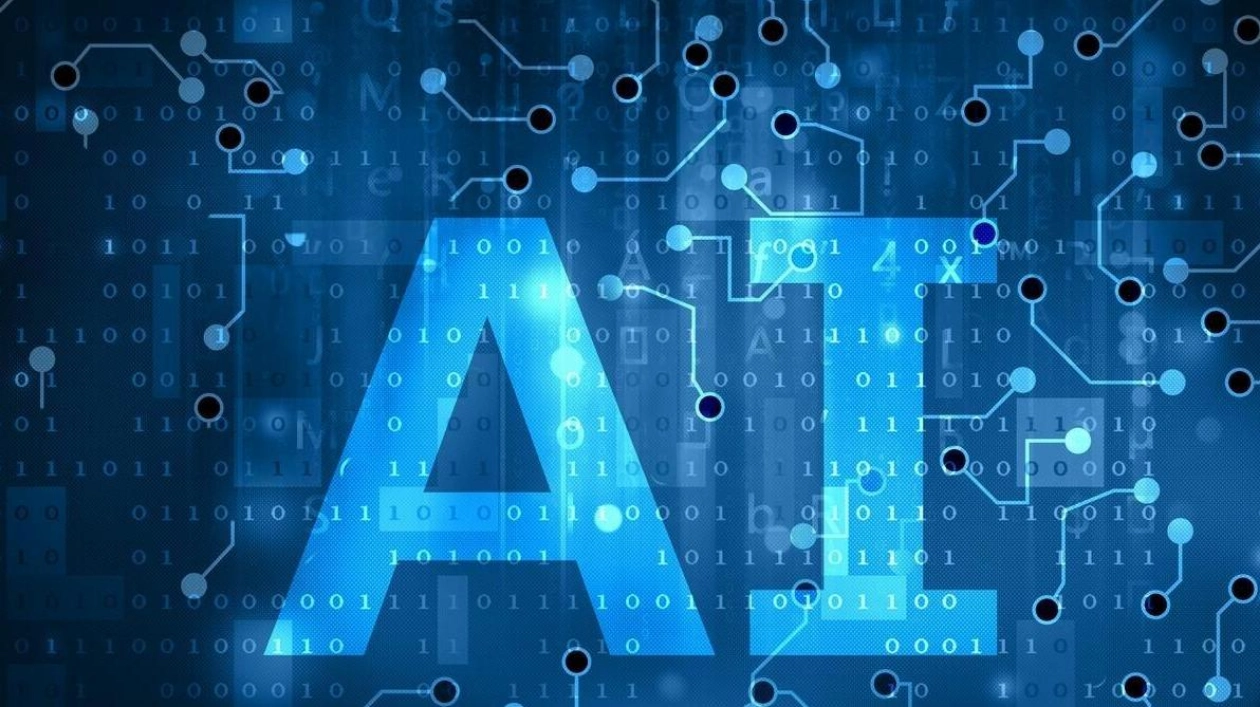Global organizations across various industries are facing a new reality where employees, dissatisfied with the slow pace of AI integration by senior leadership, are resorting to using their own AI tools at work. This insight is highlighted in Microsoft’s fourth annual Work Trend Index (WTI) Report. The report, titled “AI at Work Is Here. Now Comes the Hard Part,” in collaboration with LinkedIn, offers a detailed perspective on how AI is transforming not just work processes, but also the broader labor market. It shows that 75% of employees are already incorporating AI into their daily tasks, with the use of Generative AI doubling in the last six months.
The report also reveals that while 79% of business leaders acknowledge the necessity of AI for maintaining competitiveness, unclear AI strategies and the urgency to demonstrate immediate ROI are hindering widespread AI adoption. Consequently, 78% of employees are opting to bring their own AI tools to work, despite over 50% of AI users being reluctant to disclose their use of AI for fear of being perceived as lazy or replaceable.
Zubin Chagpar, Senior Director and Business Group Leader at Microsoft CEMA, emphasizes the urgent need for business leaders to adopt a more flexible approach in implementing AI to support their employees. He warns that without strategic AI deployment, employees will continue to rely on personal AI solutions, missing out on organizational benefits like improved cybersecurity and data privacy.
Arda Atalay, Regional Director at LinkedIn, observes that the rapid AI adoption across industries is reshaping the labor market, prompting employees to enhance their AI skills for career advancement. In the UAE, there has been a significant influx of AI talent, reversing previous trends. LinkedIn data shows a substantial increase in AI talent with engineering skills and a 13.4% year-over-year growth in AI talent hiring relative to overall hiring.
The Microsoft Report further indicates that nearly 70% of professionals see AI as crucial for faster promotions, and 76% believe AI skills are essential for job market competitiveness. In talent acquisition, 66% of business leaders would not consider candidates without AI skills, and 71% prefer less experienced candidates with AI expertise over those without.
Chagpar notes the rise in career opportunities for professionals skilled in AI-powered tools like Microsoft Copilot, which have been pivotal in managing digital workloads. He also highlights the emergence of new AI-related job roles, such as the Head of AI, which saw a 28% growth in 2023. Despite concerns about AI replacing jobs, Chagpar asserts that embracing AI opportunities and adapting to the evolving workplace is key to future success.






